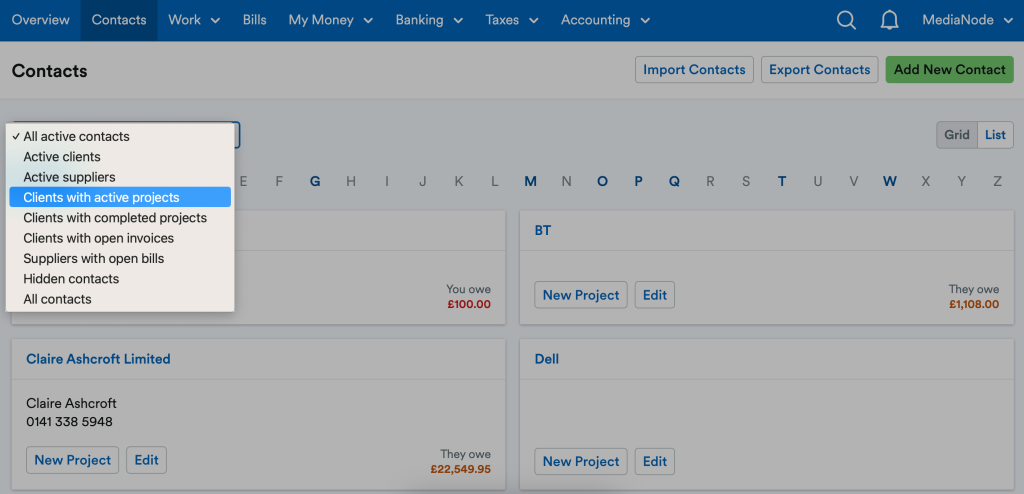The Android home screen serves as a central hub for accessing apps, widgets, and vital information promptly. It’s remarkably convenient to have quick access to calling or messaging your favorite contacts directly from the home screen. Android enables effortless placement of contact shortcuts and widgets on your home screen, facilitating one-tap access to frequently contacted individuals. This streamlined process enhances accessibility and efficiency, empowering users to stay connected with their contacts seamlessly.
Introduction to Add Contacts
Digital landscape, smartphones have become indispensable tools for communication and productivity. One of the key functionalities that enhance the user experience is the ability to swiftly access and connect with contacts. This introductory guide aims to explore the process of adding contacts to your Android device’s home screen. By incorporating this feature, users can streamline their communication process, enabling quicker and more convenient interactions with their most frequently contacted individuals. Whether you’re a beginner or an experienced user, mastering this simple yet effective technique can significantly enhance your smartphone experience.

Why Add Contacts to the Home Screen
Adding contacts to your home screen on Android offers unparalleled convenience. By placing shortcuts or widgets for frequently contacted individuals, you streamline communication, saving time and effort. With just a tap, you can swiftly make calls, send messages, or initiate video chats directly from your home screen, bypassing the need to navigate through your phone’s contacts app. This feature enhances accessibility, ensuring that your most important contacts are always just a fingertip away, optimizing your smartphone experience.

Benefits of Organizing Contacts on the Home Screen
Organizing contacts on your home screen yields several benefits. Firstly, it enhances efficiency by providing quick access to frequently contacted individuals, saving time and effort. Additionally, it streamlines communication processes, allowing for swift initiation of calls, messages, or video chats. This organization fosters better connectivity and strengthens relationships by ensuring prompt responses. Moreover, it declutters your phone’s interface, reducing the need to search through lengthy contact lists. Ultimately, organizing contacts on the home screen optimizes productivity and enhances overall user experience on your smartphone.
Accessing the Contacts App
Accessing the contacts app on your Android device is straightforward. Simply locate the contacts icon, typically found in your app drawer or on your home screen. Once located, tap on the contacts icon to open the app. From there, you can view, add, edit, or delete contacts as needed. Additionally, you may utilize the search bar within the app to quickly locate specific contacts by name or other details. This seamless process ensures efficient management of your contacts for smooth communication.

Selecting the Contact to Add
When selecting the contact to add to your Android device, follow these steps:
- Open the Contacts app on your device.
- Browse through your contact list or use the search function to find the specific contact you want to add.
- Once you’ve located the contact, tap on it to open their details.
- Look for the option to add the contact to your home screen. This option may be found in the menu or through a long press on the contact’s name.
- Follow the prompts to add the contact to your home screen, choosing the appropriate size and layout for the shortcut or widget.
- Once added, you’ll be able to quickly access and communicate with the selected contact directly from your home screen.
Adding Contact to Home Screen
To add a contact to your Android device’s home screen, follow these steps:

- Long-press on an empty space on your home screen until options appear.
- Tap on “Widgets” or a similar option depending on your device.
- Scroll or search for the “Contacts” widget.
- Select the widget size you prefer.
- Drag the widget to the desired location on your home screen.
- A list of contacts will appear; choose the contact you want to add.
- Once selected, release the widget to place it on the home screen with the chosen contact’s information.
- Now, you c
Customizing Contact Shortcut
To customize a contact shortcut on your Android home screen, follow these steps:
- Long-press the contact shortcut/widget on your home screen until options appear.
- Select “Edit” or a similar option from the menu.
- You may be prompted to choose the contact or action associated with the shortcut.
- Modify the display name or icon if available.
- Some devices allow you to choose a specific action (like calling, messaging, or emailing) when tapping the shortcut.
- After making your desired changes, tap “Save” or “Done” to apply the customization.
- Your contact shortcut is now customized according to your preferences.
Utilizing Contact Widget for Enhanced Functionality
Harness the contact widget on your Android device for heightened functionality and seamless communication. Place it on your home screen for swift access to frequent contacts, enabling instant calls, texts, or emails with a single tap. Customize widget sizes, layouts, and preferred communication methods for personalized convenience. Group multiple contacts for efficient speed dialing or messaging hubs. Stay updated with live notifications for missed calls or unread messages, enhancing real-time engagement. By bypassing the need to navigate through apps, the widget streamlines communication, saving time and effort. Tailor settings for accessibility, ensuring inclusivity for all users. Unlock the full potential of your device with the versatile contact widget.
Contact Shortcut Disappearing from Home Screen
Contact shortcut vanishes from your Android home screen, try these steps: First, check if it’s accidentally moved or deleted. Long-press on an empty area of the screen, then locate and drag it back if found. Next, restart your device to resolve any software glitches. Clear the cache of the Contacts app in Settings > Apps > [Contacts app]. Ensure your device and apps are up to date by checking for updates. Disable battery optimization for the Contacts app in Settings > Battery > Battery optimization.
Frequently Asked Questions
How do I add contacts to the home screen on my Android device?
To add contacts to the home screen on your Android device, first, open the Contacts app. Find the contact you want to add, tap and hold on their name or profile picture, then select “Add to Home Screen” from the menu that appears.
Can I customize the appearance of the contact shortcut on the home screen?
Yes, you can customize the appearance of the contact shortcut by resizing it. Simply tap and hold the contact shortcut on the home screen until resizing handles appear, then drag them to adjust the size according to your preference.
Is it possible to organize contacts into groups or folders on the home screen?
Yes, you can organize contacts into groups or folders on the home screen for better organization. To do this, tap and hold an empty space on the home screen, select “Widgets” or “Add,” then choose the option to add a folder. Name the folder accordingly and drag and drop contacts into it for grouping.
What if the contact shortcut is not appearing on my home screen after adding it?
If the contact shortcut is not appearing on your home screen after adding it, check if there is sufficient space on the home screen. Try removing unnecessary widgets or shortcuts to free up space. Additionally, restarting your device may resolve any minor software glitches causing the issue.
Can I sync contacts with my Google account to ensure they are always up-to-date?
Yes, you can sync contacts with your Google account to ensure they are always up-to-date and accessible across multiple devices. Go to Settings > Accounts > Google on your Android device, then ensure that the “Contacts” option is enabled for synchronization.
Are there any advanced features or widgets available for managing contacts on the home screen?
Yes, some Android devices offer contact widgets that provide additional functionality beyond simple shortcuts. You can add contact widgets to the home screen to display multiple contacts, provide direct access to contact details, or enable quick actions such as calling, messaging, or emailing directly from the home screen.
What should I do if the contact shortcut disappears from my home screen?
If the contact shortcut disappears from your home screen, check if the Contacts app has the necessary permissions to create shortcuts. Go to Settings > Apps > Contacts, then ensure that permissions such as “Storage” and “Contacts” are enabled. Additionally, clearing the cache of the Contacts app may resolve the issue.
Can I manage my contacts directly through the Google Contacts app?
Yes, you can manage your contacts directly through the Google Contacts app, which offers advanced features such as contact merging, duplicate removal, and contact labeling for better organization. Simply download the Google Contacts app from the Play Store and sign in with your Google account to access your contacts.
Conclusion
Adding contacts to the Android home screen is a simple yet powerful way to enhance accessibility and efficiency in communication. By following the step-by-step guide provided in this comprehensive FAQ, users can quickly add their most frequently contacted individuals to the home screen, customize their appearance, and even organize them into groups or folders for better management.

